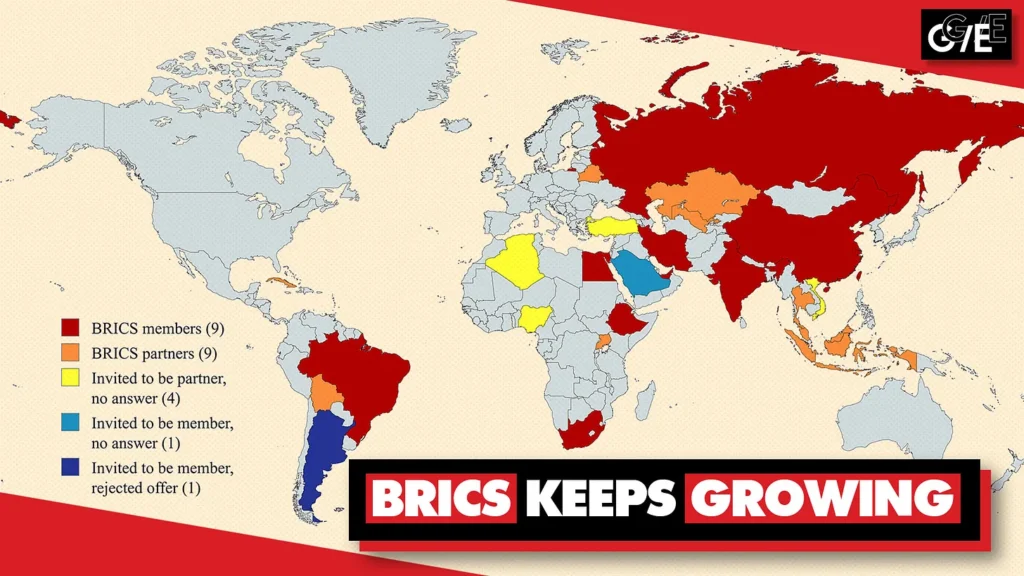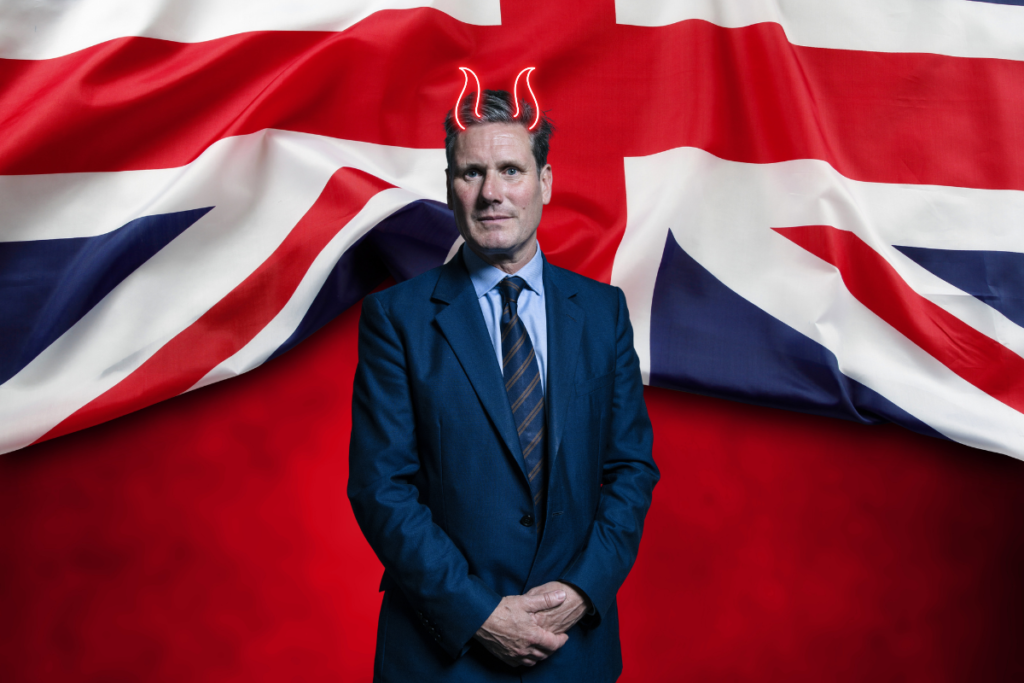In an interview with The American Conservative published on 9 January 2025, Alice Weidel, co-leader of Germany’s far-right Alternative for Germany (AfD) party, offered a provocative and controversial vision of her country’s political and cultural future. Weidel, speaking candidly, criticized Germany’s government and the EU. She outlined the AfD’s roadmap for what she called “Germany’s renewal.””
Weidel’s remarks, especially that “slaves don’t fight,” showed her view that state-driven dependence has subdued Germans. She argued that Germany is now “fettered by ideology” under Chancellor Olaf Scholz’s coalition government.
She believes that policies on climate change, immigration, and EU integration have eroded Germany’s sovereignty and economic independence.
The interview comes amid a surge in AfD’s popularity. The party is polling at historic highs as Germans grow disillusioned with the ruling government.
Critics have called the party’s rhetoric inflammatory and divisive. They accuse it of exploiting fears over immigration and the economy for political gain.
A Call for “Freedom”
Weidel’s use of the phrase “slaves don’t fight” is a direct challenge to what she described as the “oppressive” status quo. She argued that Germans have been conditioned to accept government overreach. This includes the COVID-19 lockdowns and sweeping environmental policies.
“In a country where people are overly dependent on the state, there is little room for resistance,” Weidel said. She blamed high taxes and regulations for limiting citizens’ freedoms.
Critics of the AfD have rebuked such claims. They argue the party often uses fear-mongering to undermine democracy. They argue that Weidel’s rhetoric appeals to voters upset by inflation and immigration. But, it does little to address Germany’s structural problems.
Germany’s Role in Europe
The talk also covered Germany’s EU ties. Weidel called them “one-sided and detrimental.” She accused the EU of favoring other member states over German taxpayers.
“We are losing the ability to govern ourselves,” Weidel said, adding that Germany’s role as a key financial contributor to the EU undermines its national interests. She proposed that Germany be more sceptical of Brussels. This aligns with the AfD’s Eurosceptic platform.
Weidel’s views appeal to more German voters. But, EU officials and pro-Europeans criticize them. They argue that AfD’s policies could isolate Germany and weaken the EU.
A Polarising Figure
Alice Weidel has become one of Germany’s most polarising political figures. Her background as an economist and her articulate, often combative style have made her a compelling yet contentious leader. Supporters view her as a voice for the “forgotten Germans,” while detractors see her as a symbol of the far-right’s resurgence in Europe.
The AfD, founded in 2013, gained traction as a Eurosceptic party. It has since shifted its focus to immigration and cultural issues. The party’s critics accuse it of promoting xenophobia and undermining democratic norms, allegations Weidel denies.
A Country at a Crossroads
Weidel’s interview highlights the deepening divides in German society. With local and national elections on the horizon, the AfD’s growing influence could reshape the country’s political landscape.
Some analysts predict the party could be a kingmaker in future coalitions. Others warn its rise may further polarise an already fractured electorate.
As Germany grapples with economic uncertainty and an evolving geopolitical landscape, the competing visions of its political leaders will undoubtedly shape the nation’s path forward. Whether AfD’s rhetoric will translate into substantive change or deepen divisions remains to be seen.
For now, Weidel’s words have added fuel to an already fiery debate about Germany’s future, drawing both applause and condemnation from within and beyond the country’s borders.



